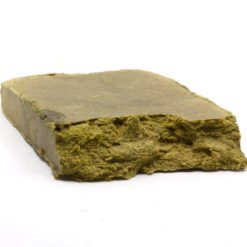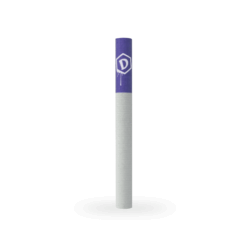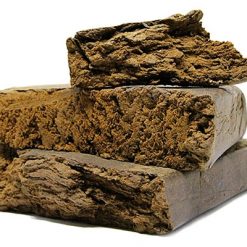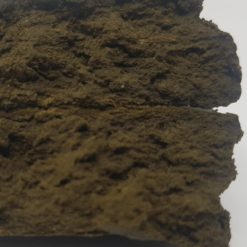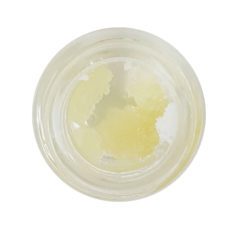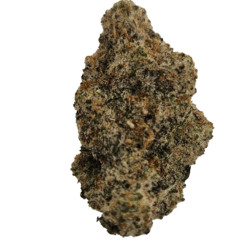In recent years, cannabidiol (CBD), a compound derived from the cannabis plant, has emerged as a subject of interest due to its potential health benefits. While research on CBD is still ongoing, preliminary studies have suggested its usefulness in various medical applications. This essay delves into the current medical uses of CBD and explores how it can be utilized to improve individuals’ health and wellbeing.
Pain Management:
Chronic pain affects millions of people worldwide, and CBD has shown promise as a potential analgesic. Studies indicate that CBD may alleviate pain associated with conditions such as arthritis, multiple sclerosis, and fibromyalgia. It can be applied topically as a cream or oil directly to the affected area, providing localized relief. Alternatively, oral ingestion in the form of capsules, tinctures, or edibles can provide systemic pain relief.
Anxiety and Stress Reduction:
Anxiety disorders and chronic stress have a profound impact on individuals’ mental health. CBD has been investigated for its anxiolytic properties and its potential to reduce stress levels. Research suggests that CBD may help individuals with generalized anxiety disorder, social anxiety disorder, and post-traumatic stress disorder (PTSD). It can be taken orally as oil or capsules, or inhaled through vaporizers for quick onset and calming effects.
Sleep Disorders:
Quality sleep is crucial for overall health and wellbeing, and CBD has shown promise in addressing sleep disorders such as insomnia. By interacting with the endocannabinoid system, CBD may help regulate sleep patterns and improve sleep quality. Individuals can take CBD orally as oil or capsules before bedtime, potentially experiencing faster sleep onset and enhanced sleep duration.
Epilepsy and Seizure Disorders:
One of the most well-established medical applications of CBD is in the treatment of certain forms of epilepsy, notably Dravet syndrome and Lennox-Gastaut syndrome. The FDA has approved a CBD-based medication called Epidiolex for these conditions. CBD’s anticonvulsant properties help reduce the frequency and severity of seizures, improving the quality of life for individuals living with epilepsy.
Neurological Conditions:
CBD exhibits potential benefits for managing symptoms associated with neurological conditions like Parkinson’s disease and multiple sclerosis. Research suggests that CBD may help reduce muscle spasms, improve mobility, and enhance overall quality of life in individuals with these conditions. The method of consumption varies depending on the symptoms, with oral ingestion or topical application being common approaches.
Skin Conditions:
CBD’s anti-inflammatory properties make it a compelling option for managing skin conditions such as acne, eczema, and psoriasis. When applied topically, CBD-infused creams, lotions, and balms can help alleviate inflammation, redness, and discomfort associated with these conditions. The localized application of CBD directly to the affected skin areas provides targeted relief.
Substance Abuse and Addiction:
Preliminary research suggests that CBD may have a role in reducing cravings and withdrawal symptoms associated with substance abuse, including opioids and nicotine. While further studies are needed to fully understand the mechanisms and effectiveness of CBD in this area, its potential as an adjunctive therapy for addiction treatment warrants exploration.
CBD holds promise as a versatile compound with potential applications in various aspects of health and wellbeing. From pain management and anxiety reduction to sleep improvement and epilepsy treatment, CBD has shown potential benefits in multiple medical domains. However, further research is necessary to establish optimal dosages, long-term safety, and individual variations in response. Consulting with healthcare professionals is crucial to ensure personalized guidance and support when considering CBD as a complementary approach to enhance health and wellbeing.



